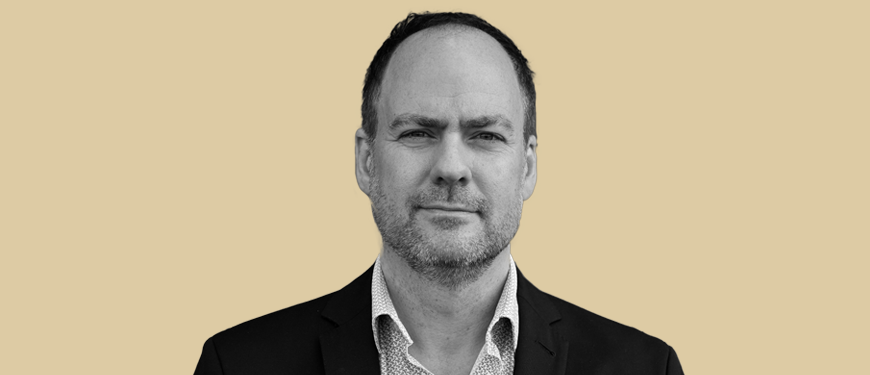By Birgitte Svennevig, birs@sdu.dk
Why did you become a researcher?
My mother was a research technician and as kid I liked to be with her in the lab and ‘play’ with the centrifuges and pipettes around there. Her enthusiasm for lab-related work was contagious, and probably set me early on the path to where I am now.
Which other career did you consider?
As a high-school student, I always wanted to be a physician. I actually applied for medical school and got in. But I figured out that I prefer trying to understand biology at the more fundamental, genetic level. I do hope that our work ultimately translates into novel therapeutic insights and drugs, though.
What occupies you at the moment?
Like many scientists, I have spent a lot of time after the summer writing applications for research funding to be able to finance our science. Now, I am getting back to supervising experiments from PhD students, postdocs and project students in the lab and teaching new students in Molecular Biology, which are actually two aspects of my job that I love best.
Which question would you really like to find an answer to?
In our research, we are interested in understanding how our own lifestyle (i.e., diet, exercise, disease), and particularly that of our parents or grandparents, affects our health. We and others have shown that obesity in ancestral generations imparts negative effects on our own metabolic fitness.
This is intriguing, given that these so-called intergenerational epigenetic effects (that lifestyle may influence how our genes are expressed and that this epigenetic information can be passed on to the next generation without changing the genes themselves) cannot be explained by classical textbook biology. Nonetheless, these phenomena exist, we can study them in the lab, and we can even prevent them from happening, yet we still fall short of a convincing molecular explanation.
What is the biggest breakthrough in your field ever?
Even though this is not my area of expertise, I am still mesmerized by the implications that the theories of evolution and natural selection by Charles Darwin had. There is a phrase saying that ‘Nothing in biology makes sense except in the light of evolution’ coined by the evolutionary biologist Dobzhansky, and I think this is perfectly true.
How do you hope that others can benefit from your research?
We are eager to decipher how obesity affects the function of fat cells. We have learned a lot about the multifaceted functions of fat cells in recent years, and now appreciate that they are actually the body’s first line of defense when eating too much, e.g., safely storing excess calories.
Unfortunately, long-term overeating turns fat cells into inflamed cells, which contributes to the metabolic problems seen in obesity. We pursue several approaches in collaboration with industry and academic labs to render fatcells from ‘part of the problem’ into ‘part of the solution’ of obesity-associated cardiometabolic disease.
Which other research field fascinates you the most?
I have a penchant for history and am fascinated by the dire circumstances under which scientists have made their seminal contributions - for example during the Dark Ages. Overall, I think progress in science is incircumventable, but I consider myself thankful to pursue research in resourceful and enlightened times as ours. This was not always the case.
What do you have in your office, that most other people don’t?
An effigy of Han Solo. Han is a character from the film Star Wars of which I am a huge fan. Han is a notorious smuggler and troublemaker, but I like his ingenuity, (cynical) humor and his ability to find creative solutions in the midst of tricky or even hopeless situations - not unlike what we do in science.
Who do you admire the most?
I love music and I try to play the piano whenever possible. I accept my limited talents, though, and think I am better off as a scientist than I would ever have been as a musician. Nonetheless, I adore singers of classical (Italian and Viennese) operas and jazz pianists like Keith Jarrett.
What do you do when you are not researching?
I love living in Odense and cherish its ‘hygge’-ness and the great nature around us. I was into kitesurfing for some time when my family and I moved from Germany to Denmark, but then I got caught up in the busy life of running an active research group and having small kids. Given that we live close to Germany, I try to see my German friends and family whenever possible.
